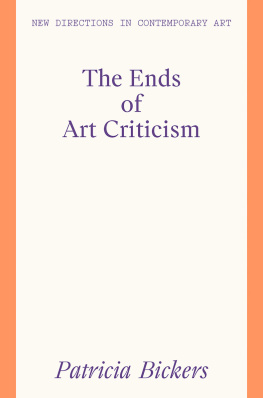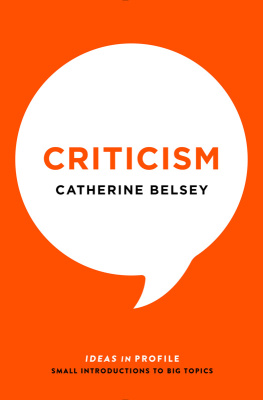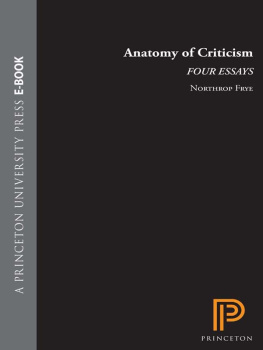INTRODUCTION.
The first of the Essays following appeared in " Scribner's Monthly ," in July, 1880; and immediately became honored by the attention of the Medical Press throughout the country. The aggressive title of the paper, justified, in great measure, perhaps, the vigor of the criticism bestowed. Again and again the point was raised by reviewers that the problem presented by the title, was not solved or answered by the article itself.
At this day, it perhaps may be mentioned that the question"Does Vivisection Pay?" was never raised by the writer, who selected as his title the single word "Vivisection." The more taking headline was affixed by the editor of the magazine as more apt to arrest attention and arouse professional pugnacity. That in this latter respect it was eminently successful, the author had the best reason to remember. With this explanationwhich is made simply to prevent future criticism on the same pointthe old title is retained. If the present reader continues the inquiry here presented, he will learn wherein the writer believes in the utility of vivisection, and on the other hand, in what respects and under what conditions he very seriously questions whether any gains can possibly compensate the infinitely great cost.
"What do you hope for or expect as the result of agitation in regard to vivisection?" recently inquired a friend; "its legal abolition?"
"Certainly not," was the reply.
"Would you then expect its restriction during the present century?"
"Hardly even so soon as that. It will take longer than a dozen years to awaken recognition of any evil which touches neither the purse nor personal comfort of an American citizen. All that can be hoped in the immediate future is education. Action will perhaps follow when its necessity is recognized generally; but not before."
For myself, I believe no permanent or effective reform of present practices is probable until the Medical Profession generally concede as dangerous and unnecessary that freedom of unlimited experimentation in pain, which is claimed and practiced to-day. That legislative reform is otherwise unattainable, one would hesitate to affirm; but it assuredly would be vastly less effective. You must convince men of the justice and reasonableness of a law before you can secure a willing obedience. Yielding to none in loyalty to the science, and enthusiasm for the Art of Healing, what standpoint may be taken by those of the Medical Profession who desire to reform evils which confessedly exist?
I. We need not seek the total abolition of all experiments upon living animals. I do not forget that just such abolition is energetically demanded by a large number of earnest men and women, who have lost all faith in the possibility of restricting an abuse, if it be favored by scientific enthusiasm. "Let us take," they say, "the upright and conscientious ground of refusing all compromise with sin and evil, and maintaining our position unflinchingly, leave the rest to God." This is almost precisely the ground taken by the Prohibitionists in national politics; it is the only ground one can occupy, provided the taking of a glass of wine, or the performance of any experiment,painless or otherwise,is of itself an "evil and a sin." There are those, however, who believe it possible to oppose and restrain intemperance by other methods than legislative prohibition. So with the prohibition of vivisection. Admitting the abuses of the practice, I cannot yet see that they are so intrinsic and essential as to make necessary the entire abolition of all physiological experiments whatsoever.
II. We may advocate (and I believe we should advocate)the total abolition, by law, of all mutilating or destructive experiments upon lower animals, involving pain, when such experiments are made for the purpose of public or private demonstration of already known and accepted physiological facts.
This is the ground of compromiseunacceptable, as yet, to either party. Nevertheless it is asking simply for those limitations and restrictions which have always been conceded as prudent and fair by the medical profession of Great Britain. Speaking of a certain experiment upon the spinal nerves, Dr. M. Foster, of Cambridge University, one of the leading physiological teachers of England, says: "I have not performed it and have never seen it done," partly because of horror at the pain necessary. And yet this experiment has been performed before classes of young men and young women in the Medical Schools of this country! Absolutely no legal restriction here exists to the repetition, over and over again, of the most atrocious tortures of Mantegazza, Bert and Schiff.
This is the vivisection which does not "pay,"even if we dismiss altogether from our calculation the interests of the animals sacrificed to the demand for mnemonic aid. For the great and perilous outcome of such methods will befinallyan atrophy of the sense of sympathy for human suffering. It is seen to-day in certain hospitals in Europe. Can other result be expected to follow the deliberate infliction of prolonged pain without other object than to see or demonstrate what will happen therefrom? Will any assistance to memory, counterweigh the annihilation or benumbing of the instinct of pity?
Upon this subject of utility of painful experiments in class demonstrations or private study, I would like to appeal for judgment to the physician of the future, who then shall review the experience of the medical student of to-day. In his course of physiological training, he or she may be invited to see living animals cut and mutilated in various ways, eviscerated, poisoned, frozen, starved, and by ingenious devices of science subjected to the exhibition of pain. On the first occasion such a scene generally induces in the young man or young woman a significant subjective phenomenon of physiological interest; an involuntary, creeping, tremulous sense of horror emerges into consciousness,and is speedily repressed. "This feeling," he whispers to himself, "is altogether unworthy the scientific spirit in which I am now to be educated; it needs to be subdued. The sight of this inarticulate agony, this prolonged anguish is not presented to me for amusement. I must steel myself to witness it, to assist in it, for the sake of the good I shall be helped thereby to accomplish, some day, for suffering humanity."
Praiseworthy sentiments, these are, indeed. Are they founded in reality? No. The student who thus conquers "squeamishness" will not see one fact thus demonstrated at the cost of pain which was unknown to science before; not one fact which he might not have been made to remember without this demonstrative illustration; not one factsaddest truth of allthat is likely to be of the slightest practical service to him or to her in the multiplied and various duties of future professional life. Why, then, are they shown? To help him to remember his lesson! Admit the value to the student, but what of the cost?








